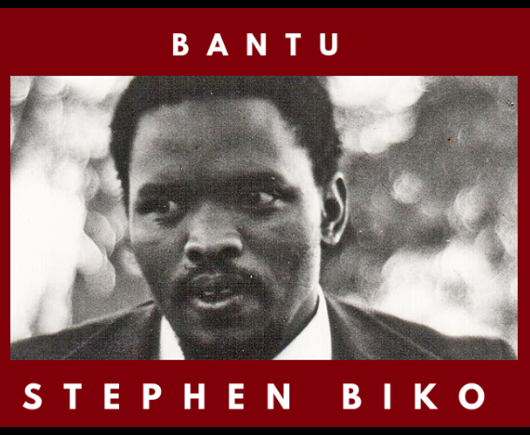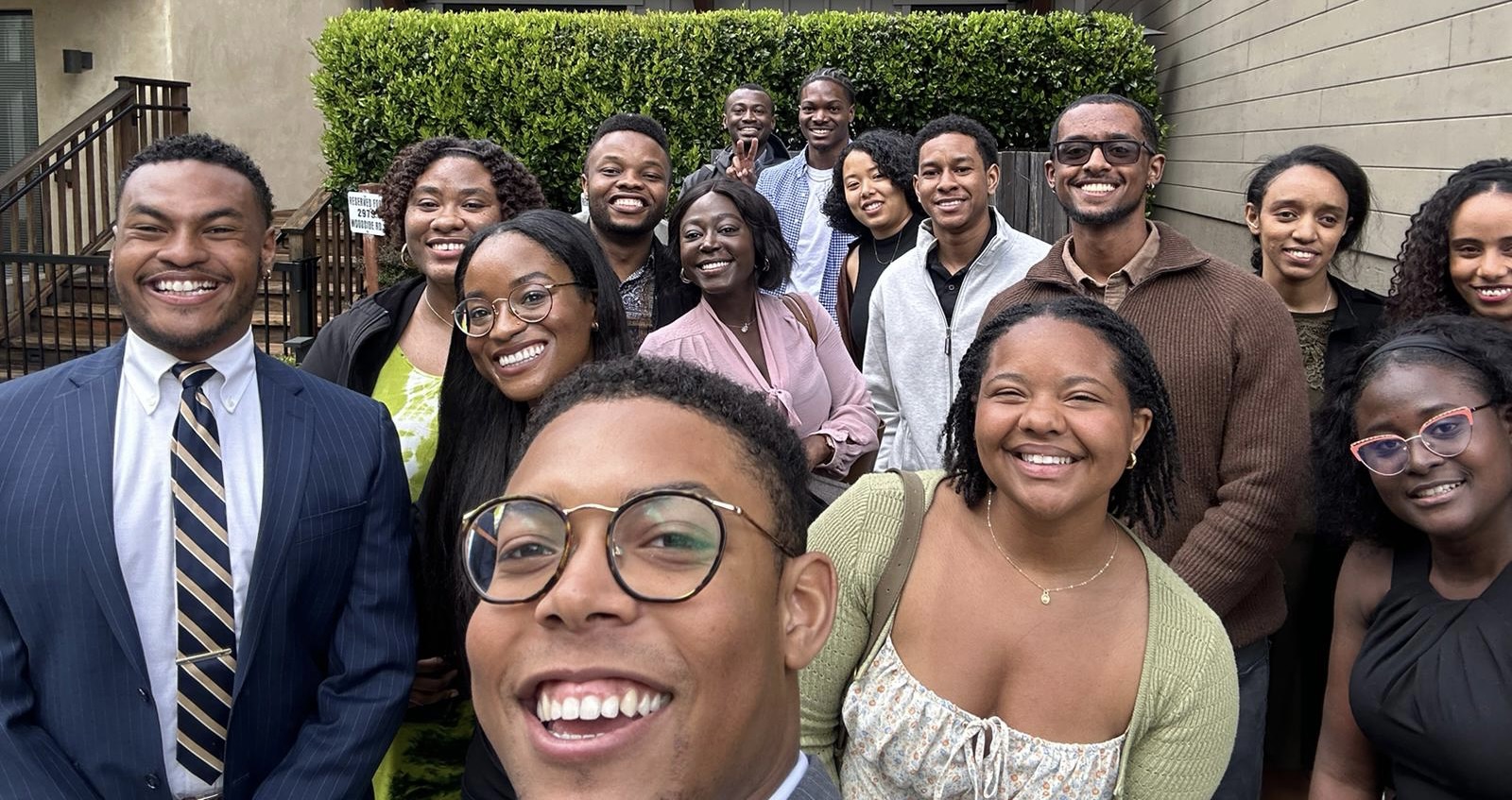[Black History Month\Steve Biko]
Biko: “The philosophy of Black Consciousness, therefore, expresses group pride and the determination by the Blacks to rise and attain the envisaged self.”
Photo: Facebook
Bantu Stephen Biko (18 December 1946 – 12 September 1977) Anti-apartheid freedom fighter who was murdered by the then South African government, dying in a jail cell after a severe beating.
In honor of Black History Month, the Black Star News will be featuring speeches, interviews, poetry, etc. all month from important figures who fought for Black liberation and who represent the Black experience with honor.
In the following 1971 speech, Biko addresses racism and Black consciousness.
White Racism and Black Consciousness
“We now come to the group that has longest enjoyed confidence from the Black world—the [white] liberal establishment, including radical and leftist groups. The biggest mistake the black world ever made was to assume that whoever opposed apartheid was an ally. . . .
“How many white people fighting for their version of a change in South Africa are really motivated by genuine concern and not by guilt? . . .
“[A white person] possesses the natural passport to the exclusive pool of white privileges . . . . Yet at the back of his mind is a constant reminder that he is quite comfortable as things stand and therefore should not bother about change. . . .
“I am not sneering at the liberals and their involvement. Neither am I suggesting that they are the most to blame for the Black man’s plight. Rather I am illustrating the fundamental fact that total identification [by white liberals] with an oppressed group [Blacks] in a system that forces one group to enjoy privilege and to live on the sweat of another, is impossible. . . .
“The liberal must fight on his own and for himself. If they are true liberals they must realize that they themselves are oppressed, and that they must fight for their own freedom and not that of the nebulous “they” [Blacks] with whom they can hardly claim identification. . . . . . .
“[I]n South Africa political power has always rested with white society. Not only have the whites been guilty of being on the offensive but, by some skillful maneuvers, they have managed to control the responses of the Blacks to the provocation. Not only have they kicked the Black but they have also told him how to react to the kick. . . . [H]e is now beginning to show signs that it is his right and duty to respond to the kick in the way he sees fit. . . .
“It may be said that, on the broader political front, blacks in South Africa have not shown any overt signs of new thinking since the banning of their political parties [in 1960] . . .
“The call for Black Consciousness is the most positive call to come from any group in the Black world for a long time. It is more than just a reactionary rejection of whites by Blacks. The quintessence of it is the realization by the Blacks that, in order to feature well in this game of power politics, they have to use the concept of group power and to build a strong foundation for this . . .
“The philosophy of Black Consciousness, therefore, expresses group pride and the determination by the Blacks to rise and attain the envisaged self. At the heart of this kind of thinking is the realization by the Blacks that the most potent weapon in the hands of the oppressor is the mind of the oppressed . . .
“Slowly, they have cast aside the “morality argument” which prevented them from going it alone and are now learning that a lot of good can be derived from specific exclusion of whites from black institutions . . .
“The growth of awareness among South African Blacks has often been ascribed to influence from the American “Negro” movement. Yet it seems to me that this [awareness] is a sequel to the attainment of independence by so many African states within so short a time. . . . Dr. Hastings Kamuzu Banda’s . . . often quoted statement was, “[Malawi] is a black man’s country; any white man who does not like it must pack up and go.” . . .
“Through the work of missionaries and the style of education adopted, the Blacks were made to feel that the white man was some kind of god whose word could not be doubted . . .
“To add to the white-oriented education received, the whole history of the Black people is presented as a long lamentation of repeated defeats. Strangely enough, everybody has come to accept that the history of South Africa starts in 1652 [when the first whites arrived]. . . .
“We must seek to restore to the Black people a sense of the great stress we used to lay on the value of human relationships; to highlight the fact that in the pre-van Riebeeck days [before whites arrived] we had a high regard for people, their property and life in general; to reduce the hold of technology over man and to reduce the materialistic element that is slowly creeping into the African character. In this age and day, one cannot but welcome the evolution of a positive outlook in the Black world.”











